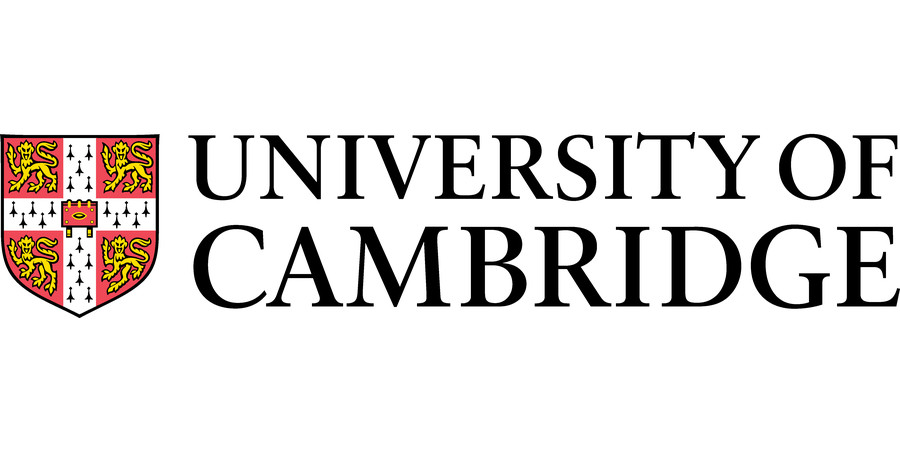PhD Studentship: The Structure and Function of the Genome
University of Cambridge - Cancer Research UK Cambridge Institute
| Qualification Type: | PhD |
|---|---|
| Location: | Oxford |
| Funding for: | UK Students, EU Students, International Students |
| Funding amount: | See advert for details |
| Hours: | Full Time |
| Placed On: | 8th September 2025 |
|---|---|
| Closes: | 13th November 2025 |
Supervisor: Professor Sir Shankar Balasubramanian
Course start date: 1st October 2026
Overview
Professor Sir Shankar Balasubramanian is seeking a student to work on the structure and function of the genome. This position will be primarily based in the Balasubramanian Lab in the CRUK Cambridge Institute (CRUK CI), and will involve collaborative interactions with the group's sister lab in the Yusuf Hamied Department of Chemistry.
For further information about the research group, including their most recent publications, please visit their website at http://www-balasubramanian.ch.cam.ac.uk.
Project details
Our lab exploits both chemistry and biology to address fundamental mechanisms of genome function. While many genetic determinants of cancer are known, alternative nucleic acid secondary structures and chemically modified DNA (or RNA) bases are recognised as epigenetic features of nucleic acids that are important to normal biology and in oncogenesis. The student will join a team exploring the formation, dynamics and functions of four-stranded DNA G-quadruplex structures and modified DNA bases in the genome (e.g. see Genome Biology, 2025 25, 155; Nature Chemistry, 2025, 17, 875; PNAS, 2024, 12(7), e2320240121; Nature Communications, 2022, 13:142; Genome Biology, 2021, 22, 117]. We have a particular focus on the understanding of mechanisms that regulate gene expression, DNA replication and genome stability and how these impact cell state changes. Recently, we have demonstrated the profound impact of G-quadruplexes on the transcription of cancer-related genes and in super-enhancer function. At the core of our approach is the innovation of novel methods to investigate genome function. For example, we have recently developed ways to map the binding of nucleic acid-interacting drugs and small molecules [Nature Biotechnology 2023, 41 1265], as well as novel approaches for the genome sequencing of modified bases and are exploring further base modifications, and how they interact with chromatin proteins (e.g. see: PNAS, 2025, 122 (31), e2512204122; Nature Biotechnology, 2023, 41, 1457).
Preferred skills/knowledge
The student will be highly motivated, capable of independent thought and have excellent communication skills with the ability to work collaboratively. Ideally, the candidate will have a strong background in molecular biology and/or biochemistry. A good knowledge of genomics and the chemistry/chemical biology of nucleic acids is highly desirable.
Funding
This four-year studentship is funded by Cancer Research UK Cambridge Institute and includes full funding for University fees and an index-linked stipend starting at £22,500 for four years.
Eligibility
We welcome applications from both UK and overseas students.
Applications are invited from recent graduates or final-year undergraduates who hold or expect to gain a First/Upper Second Class degree (or equivalent) in a relevant subject from any recognised university worldwide.
Applicants with relevant research experience, gained through Master's study or while working in a laboratory, are strongly encouraged to apply.
For further information, please contact Jo Lockhart, Balasubramanian Group Science Administrator, on BalasubramanianRecruitment@ch.cam.ac.uk, including 'PhD CI ¿ October 2026' in the subject.
How to apply
Please apply via the University Applicant Portal. For further information about the course and to access the Applicant Portal, click the 'Apply' button above.
You should select to commence study in Michaelmas Term (October) 2026.
Deadline
The closing date for applications is Thursday 13th November 2025. Interviews will take place on Tuesday 25th November 2025.
Advert information
Type / Role:
Subject Area(s):
Location(s):









